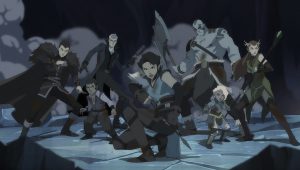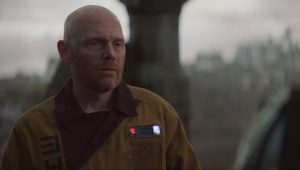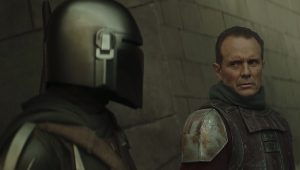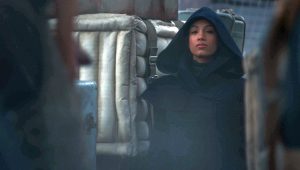
‘The Batman: The Complete Series’ – Blu-Ray Review
It’s difficult to review any animated Batman series without comparing it to Batman: The Animated Series. The early ’90s series has now become, essentially, the

It’s difficult to review any animated Batman series without comparing it to Batman: The Animated Series. The early ’90s series has now become, essentially, the

The end of the first season of Prime Video’s The Legend of Vox Machina is upon us, and it’s – to take a word from

Things have certainly picked up as the first season of Critical Role’s Prime Video series has moved past their halfway point. As the back half

During my review of the first three episodes of The Legend Of Vox Machina, I came away with an overall positive outlook of the show,

What started as a game between friends became a streaming sensation, a global phenomenon, a legitimate creator-owned content platform, and one of the most successful

If you’re anything like me, you’ve suddenly been hearing people talk about Ted Lasso over the last few months. Probably not a lot of specifics,

It’s been quite the season for The Mandalorian, and, according to yesterday’s massive amount of LucasFilm announcements, this is just the start in the next

Viewers may still be on an emotional high after last week’s much-applauded appearance of Ahsoka Tano on The Mandalorian, but, as this week’s episode makes

Well, Star Wars has once again delivered for the holidays. The moment is upon us: the first live-action appearance of fan-favorite character Ahsoka Tano. And,

While the mention of former Jedi Ahoska Tano will certainly have viewers on the edge of their seats, waiting for the next sign of this

The Mandalorian continues to exceed expectations with its most recent episode, “The Heiress.” Written by series creator Jon Favreau (Iron Man, The Jungle Book) and

After last week’s season premiere of The Mandalorian exceeded most viewers’ incredibly high expectations, the second episode of season two certainly had an uphill battle